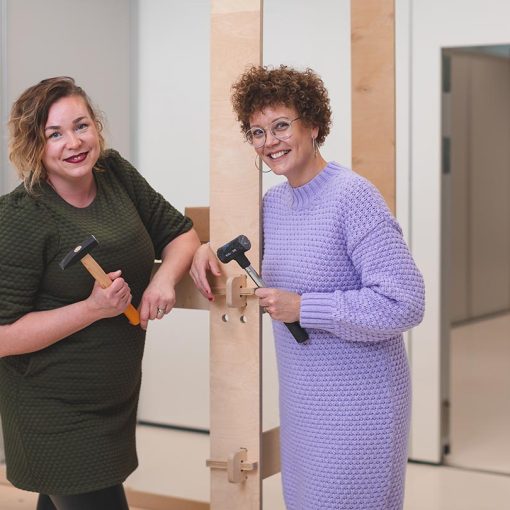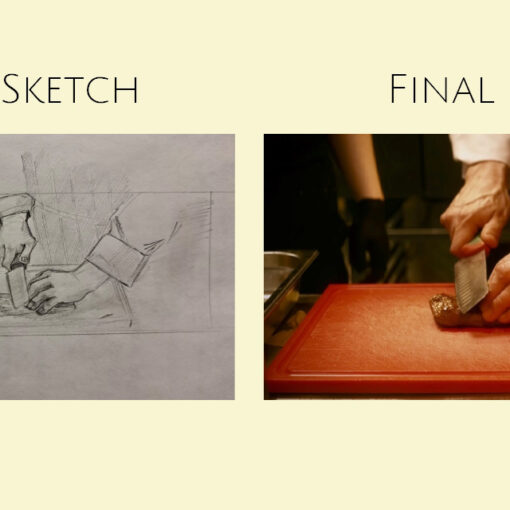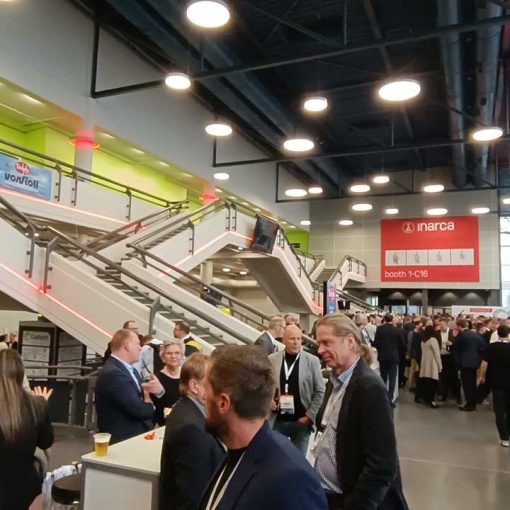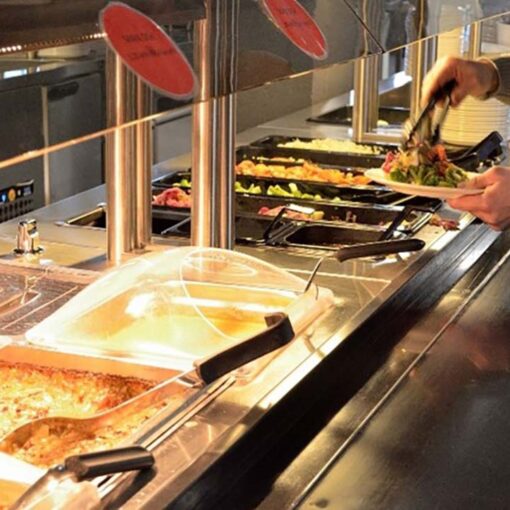In May 2025, the Developing Sustainable and Entrepreneurial Villages through Educational Living Labs in Namibia and Zambia – SmartVille project (LAB 2025) partners visited the German partner, Technical University of Dortmund. The event was hosted and organized by the TU Dortmund project team Ann Christin Schulz, Christine Best and Kerstin Guhlemann.
The visit started with a welcome speech given by the Social Research Center (Sozialforschungsstelle “sfs”) Dortmund Deputy Director PD Dr. Christoph Kaletka. Partners were given a tour on the premises of the “sfs”, with insights to the history of the building, previously being the office building of a coal mine.
The project team worked intensively on the ongoing work packages throughout the week, deepening the collaboration and further increasing the team spirit. The representative of the European Union, the Project Officer, joined one of the project team’s meetings online, participating in the discussions of the establishment of the Living Labs.
![[Alt text: a group of about fifteen people standing outside a huge building, smiling.]](https://blogit.lab.fi/labfocus/wp-content/uploads/sites/8/2025/05/219_2025_Smartville-project-partners-visited-TU-Dortmund_1-1024x562.jpg)
Gender, inclusion and equal opportunities
One of the aims for SmartVille project is to foster social inclusivity in rural under-served communities in Namibia and Zambia by offering entrepreneurship education through technological environments, the Living Labs, reaching the most vulnerable groups, such as women, youth, and people with disabilities (LAB 2025).
Inclusiveness being one of the objectives, the project team was privileged to hear a presentation on enhancing gender equality by the Equal Opportunities Office experts Melanie Roski, a representative of the Equal Opportunities Office of City of Dortmund, and Elisabeth Brenker, a representative of the Equal Opportunities Office of TU Dortmund.
Insights were provided on the work of the Equal Opportunities Officers, and how they play a pivotal role in ensuring that the principles of fairness, diversity, and inclusion (legally mandated by the German law) are upheld in the workplaces and public institutions. The German law (Grundgesetz) explicitly states that all people are equal before the law and prohibits discrimination based on gender, origin, race, language, or religion, providing the framework within which Equal Opportunities Officers (EOO) operate, giving them both authority and responsibility.
The responsibilities are broad and impactful consisting of guiding management on equality strategies and legal compliances, monitoring the HR processes from recruitment to promotion, developing equality plans to outline and measure gender balance and diversity, raising and fostering awareness of inclusion, supporting employees if experiencing discrimination or inequality and tracking progress on equality. The experts described that especially women remain underrepresented in many fields, including top management roles. The task of the EOO’s is to work on closing this gap. (Brenker et al. 2025)
![[Alt text: two persons having a presentation.]](https://blogit.lab.fi/labfocus/wp-content/uploads/sites/8/2025/05/219_2025_Smartville-project-partners-visited-TU-Dortmund_2-1024x546.jpg)
Center for entrepreneurship and transfer
During the visit partners visited also TU Dortmund University’s innovation ecosystem “Center for Entrepreneurship and Transfer (CET)”. The CETisan empowering and dynamic hub that bridges the gap between academic research and real-world application, and is a central point of contact for students, researchers, and innovators aiming to transform ideas into impactful ventures.
Additionally, the RIF Institute of Logistics and Innovation was visited, and partners had the chance to experience the German forests; forest growth, harvesting, and assessing the possible damages resulting from the storms. From the forest, a flight was taken to the international Space Station, both activities through virtual reality.
At RIF partners got to visit the Cyber-Physical Brewing Lab and taste two different types of beer produced in the lab. The RIF has an ongoing “BeverGreen” research project to optimize the carbon footprint of new beverages, with a pioneering role in issues of sustainability and climate protection, by choosing the most sustainable ingredients and processes and using the circular economy systems. (RIF 2025)
An organized tour of the famous Signal Iduna Park- stadium, home of the Borussia Dortmund football team, provided a spectacular experience for the partners to have a foretaste of the atmosphere of a football match; including the possibility to see the dressing room of the famous team, as well as sit on the substitute bench.
Work on the project will continue online with the ongoing work packages. Partners will visit Namibia in November 2025, where the final event of the project’s results will be organized.
Author
Mia Ekman works as a Senior Lecturer in the Faculty of Business at LAB University of Applied Sciences. Currently works also as a project manager in the Developing Sustainable and Entrepreneurial Villages through Educational Living Labs in Namibia and Zambia (SmartVille) project.

References
Brenker, E. & Roski, M. 2025. Representatives of Equal Opportunities Office of TU Dortmund and the City of Dortmund. SmartVille project meeting 13.5.2025.
LAB. 2025. Developing Sustainable and Entrepreneurial Villages Through Educational Living Labs in Namibia and Zambia. Project websites. LAB University of Applied Sciences. Cited 22.5.2025. Available at https://lab.fi/en/project/developing-sustainable-and-entrepreneurial-villages-through-educational-living-labs-namibia
RIF. 2025. Institut für Forschung und Transfer e.V. RIF websites. Cited 22.5.2025. Available at RIF – Institut für Forschung und Transfer e. V. – RIF Institut für Forschung und Transfer e.V.




